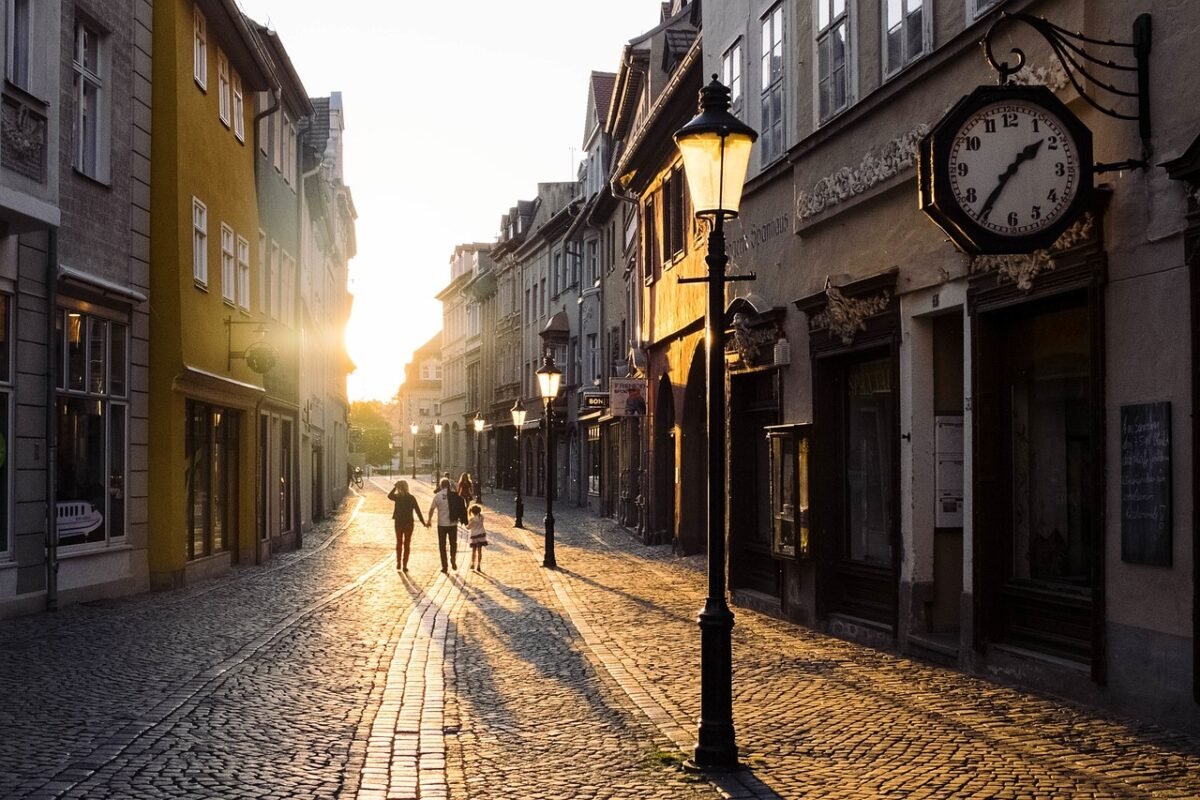Origin of the “Goddin” Surname

Do you know someone with the surname (that is, last name) of Goddin? Or perhaps you were born a Goddin yourself, or married one. In any event, you may be reading this blog post because you have curiosity about the surname, wonder how common it is, where it originated, and why so many people mispronounce it. Fear not, Goddinphyles and and Goddinites, I have the scoop coming up in this blog post, right after our commercial break.
Thanks for sticking around.
First of all, you were right if you suspected that the surname Goddin is rare. In fact, that’s why it is so often mispronounced. When a teacher on the first day of school takes class attendance and tentatively calls out, “Gooden? Godding?” their gaffe most likely stems from the fact that they has never encountered this surname before and believe there must be a typo on their roll sheet.
(There was a typo, but more on that later.)
It is extremely difficult to estimate the number of people in the world (or even just the U.S.) with the last name or maiden name of Goddin. For the U.S. figure, the most accurate number would obviously come from the U.S. Census, but their open data policy doesn’t extend to specific names, for privacy reasons.
The 1950 Census is the most recent one that is 100% searchable, but in 1950 the Census was handwritten, and the 1950 Census database consists of images of those handwritten forms and data that has been extracted from them by Artificial Intelligence. Despite all the press about the genius of AI, it isn’t to date very good at deciphering handwritten text, and cursive text is likely even more difficult for it (indeed, this is why CAPTCHAs exist, to weed out machines from humans).
It may not come as a surprise, then, that the majority of instances of Goddin in the 1950 Census appear to have been misidentified by AI, which seems to favor Goodin as its replacement surname. Below is one example of the surname Goddin that AI has mislabeled Goodin, even though to a human there is very clearly only one O and two D’s (it’s the G that slips me up, tbh). This is based upon my anecdotal evidence only, but the errors are prevalent enough to make it impossible to extrapolate the current number of Goddins in the U.S. using the 1950 Census data. (AI is evolving at a breathtaking speed, however, and may overcome this limitation very soon.)

So what are we left with? Social media, unfortunately, and specifically, Facebook.
A search of Facebook yields 82 people with the surname or maiden name of Goddin in the world. It is said that Facebook is used by about 68% of adults worldwide. Could it really be true that there are only 120 adult Goddins alive in the world today? That seems awfully low.
The rarity of the name can in part be explained by fascinating genealogical research performed by one of my ancestors.
Genealogy is at best a soft science, and often veers into sheer speculation. No one can say with 100% certainty, then, how the name Goddin originated. However, the prevailing view is that it was a variation of Godden (England), Godin (France) and Godwin (England). Specifically, the Goddins that settled in America can be traced to descendants with the last name of Godwin that lived in Kent England in the 11th Century.
One of the documents supporting this belief is William the Conqueror’s Domesday Book.
William the Conqueror (sometimes called William the Bastard because of his illegitimate birth) was born of royalty in the 11th Century in Normandy, a neighboring country of England’s, separated from them by the English Channel. William was a contender to become King of England, and claimed it had been promised to him, but when the King on his deathbed gave the title to a powerful English earl instead, William and his Norman army sailed to England and invaded the country.
William the Conqueror, as his name suggests, succeeded in his invasion of England, which became known as the Norman Conquest. He was the first in a line of Norman kings of England. William was known for his savagery and cruelty. His army killed thousands of English men. All told, the toll of the Norman Conquest was over 100,000 lives.
Arnette Goddin Vaughan published a book called The Genealogy of the Goddin Family in 1923. Or rather, she wrote it in 1923, and a man further down the family tree, A.H. Goddin, published it in 1952. It is available for download at this link (leave a comment or contact me if the link doesn’t work).
Vaughan reported in that book (based on the writings of Worthy in his book Traditions of Some Old English Families) that during the Conquest, William often spared the lives of the very young and very old, and that when the war was over, there was a pair of golden-haired boys, survivors of the Godwins of Kent, that he became fond of. He not only spared their lives but restored some of their family estate to them in Kent Countie, England.
Only one of the Godwin boys had children.
In William the Conqueror’s Domesday Book, however, the Godwin boys’ estate was mislabeled under the name of Goddin. It’s thought today that William or an assistant confused Godwin with Godin or Goddine, two prominent French families at that time. In those days it was easier to assume a name not your own than to correct it in an official Church document. And that is what they did.
Later descendants of the Goddins of Kent eventually settled in the West Indies, and then in America, Virginia to be precise. And that’s the origin of the U.S. branch of the Goddins, and some in England as well, I suspect.
When people say “the pen is mightier than the sword,” I believe it is stories such as this one that they have in mind.



